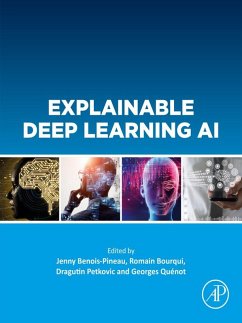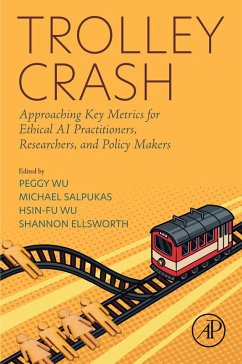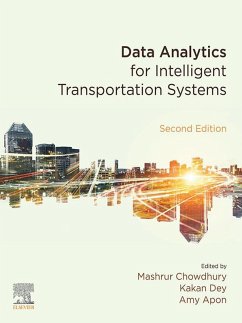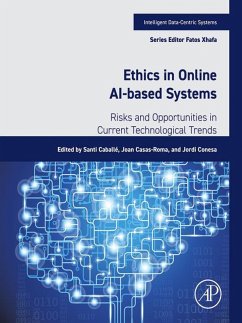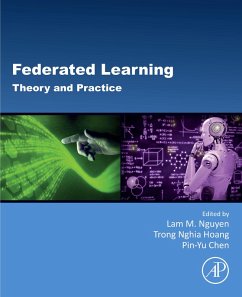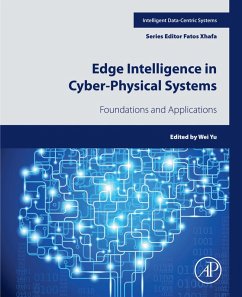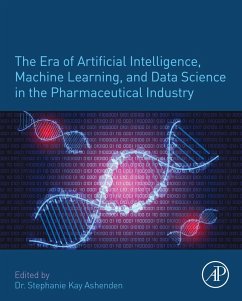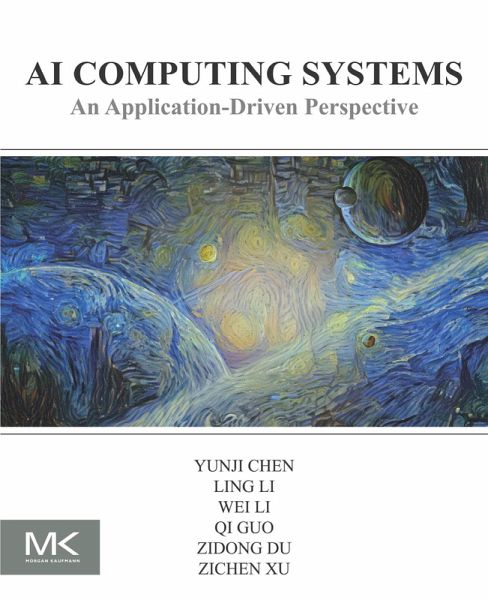
AI Computing Systems (eBook, ePUB)
An Application Driven Perspective
Versandkostenfrei!
Sofort per Download lieferbar
74,95 €
inkl. MwSt.
Weitere Ausgaben:

PAYBACK Punkte
37 °P sammeln!
AI Computing Systems: An Application Driven Perspective adopts the principle of "application-driven, full-stack penetration" and uses the specific intelligent application of "image style migration" to provide students with a sound starting place to learn. This approach enables readers to obtain a full view of the AI computing system. A complete intelligent computing system involves many aspects such as processing chip, system structure, programming environment, software, etc., making it a difficult topic to master in a short time. - Provides an in-depth analysis of the underlying principles be...
AI Computing Systems: An Application Driven Perspective adopts the principle of "application-driven, full-stack penetration" and uses the specific intelligent application of "image style migration" to provide students with a sound starting place to learn. This approach enables readers to obtain a full view of the AI computing system. A complete intelligent computing system involves many aspects such as processing chip, system structure, programming environment, software, etc., making it a difficult topic to master in a short time. - Provides an in-depth analysis of the underlying principles behind the use of knowledge in intelligent computing systems - Centers around application-driven and full-stack penetration, focusing on the knowledge required to complete this application at all levels of the software and hardware technology stack - Supporting experimental tutorials covering key knowledge points in each chapter provide practical guidance and formalization tools for developing a simple AI computing system
Dieser Download kann aus rechtlichen Gründen nur mit Rechnungsadresse in A, B, BG, CY, CZ, D, DK, EW, E, FIN, F, GR, HR, H, IRL, I, LT, L, LR, M, NL, PL, P, R, S, SLO, SK ausgeliefert werden.



